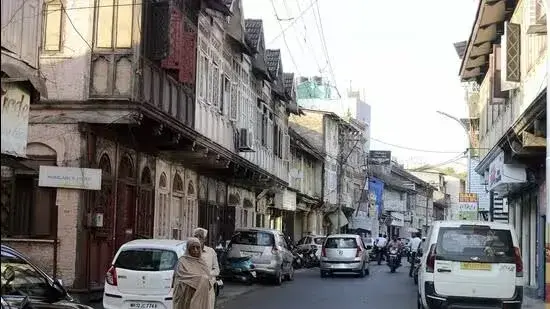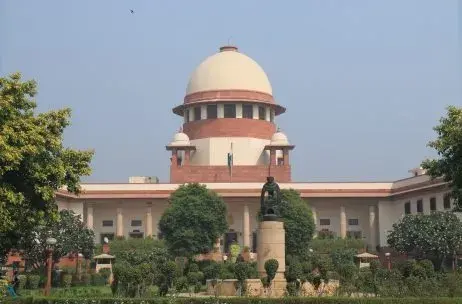Govt of India Rights Over Cantonment Lands to be Retained
The Government of India will retain ownership rights over lands within cantonment areas, according to a new order from the Director General of Defence Estates (DGDE). This order, communicated by Southern Command Deputy Director Hemant Yadav on June 28, directs the chief executive officers of cantonment boards to ensure that these rights are maintained. The order outlines the broad guidelines for excising civilian areas from cantonments and merging them with adjoining municipalities. It specifies that proprietary rights over assets meant for civic amenities and municipal services in the excised areas will be transferred to the state government free of cost. Furthermore, the municipal cover over leased and old grant properties in the excised areas will also be transferred to state municipalities. Security concerns of the armed forces will remain a priority during the segregation process. “The CEOs are directed to liaise with state government officials and appraise the status mentioned in the minutes of the meeting and clarify doubts in consultation with the president of cantonment boards and Local Military Authorities,” Yadav said. The Pune Cantonment Board (PCB) has already proposed the excision of 246.8 acres of civilian area to be merged with the Pune Municipal Corporation (PMC). PCB CEO Subrat Pal submitted a 45-page draft proposal report to the Maharashtra state chief secretary, Dr. Nitin Kareer, on March 6, detailing the precise excision of notified civilian areas from the original cantonment board jurisdiction.


